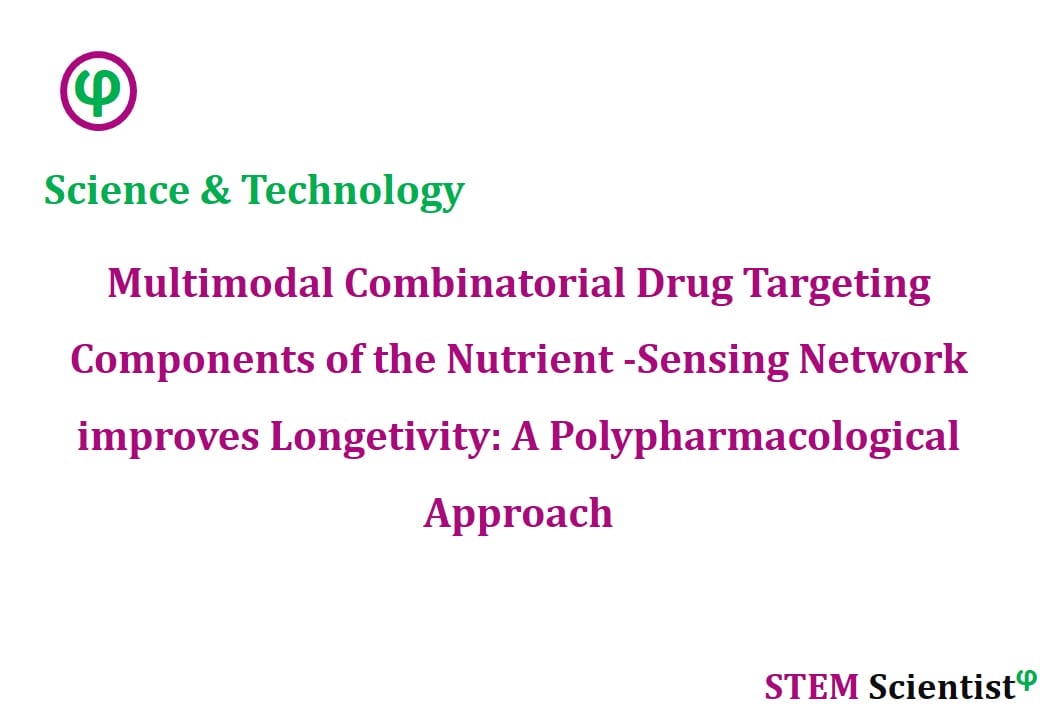
The following study was conducted by Scientists from Institute of Healthy Ageing, Department of Genetics, Evolution and Environment, University College London, United Kingdom; Section on Islet Cell & Regenerative Biology, Joslin Diabetes Center, Boston, USA; Department of Genetics, Harvard Medical School, Boston, USA; Department of Biological Mechanisms of Ageing, Max Planck Institute for Biology of Ageing, Cologne, Germany; Department of Molecular Neuroscience, Institute of Neurology, London, United Kingdom; Department of Cancer Biology, Cancer Institute, University College London, United Kingdom. Study is published in Proceedings of the National Academy of Sciences Journal as detailed below.
Proceedings of the National Academy of Sciences; 116(42): 20817-20819
A Triple Drug Combination Targeting Components of the Nutrient-Sensing Network Maximizes Longevity
Abstract
Increasing life expectancy is causing the prevalence of age-related diseases to rise, and there is an urgent need for new strategies to improve health at older ages. Reduced activity of insulin/insulin-like growth factor signaling (IIS) and mechanistic target of rapamycin (mTOR) nutrient-sensing signaling network can extend lifespan and improve health during aging in diverse organisms. However, the extensive feedback in this network and adverse side effects of inhibition imply that simultaneous targeting of specific effectors in the network may most effectively combat the effects of aging. We show that the mitogen-activated protein kinase kinase (MEK) inhibitor trametinib, the mTOR complex 1 (mTORC1) inhibitor rapamycin, and the glycogen synthase kinase-3 (GSK-3) inhibitor lithium act additively to increase longevity in Drosophila. Remarkably, the triple drug combination increased lifespan by 48%. Furthermore, the combination of lithium with rapamycin cancelled the latter’s effects on lipid metabolism. In conclusion, a polypharmacology approach of combining established, prolongevity drug inhibitors of specific nodes may be the most effective way to target the nutrient-sensing network to improve late-life health.
Source:
Proceedings of the National Academy of Sciences
URL: https://www.pnas.org/content/116/42/20817
Citation:
Castillo-Quan, J. I., L. S. Tain, et al. (2019). “A triple drug combination targeting components of the nutrient-sensing network maximizes longevity.” Proceedings of the National Academy of Sciences 116(42): 20817-20819.


